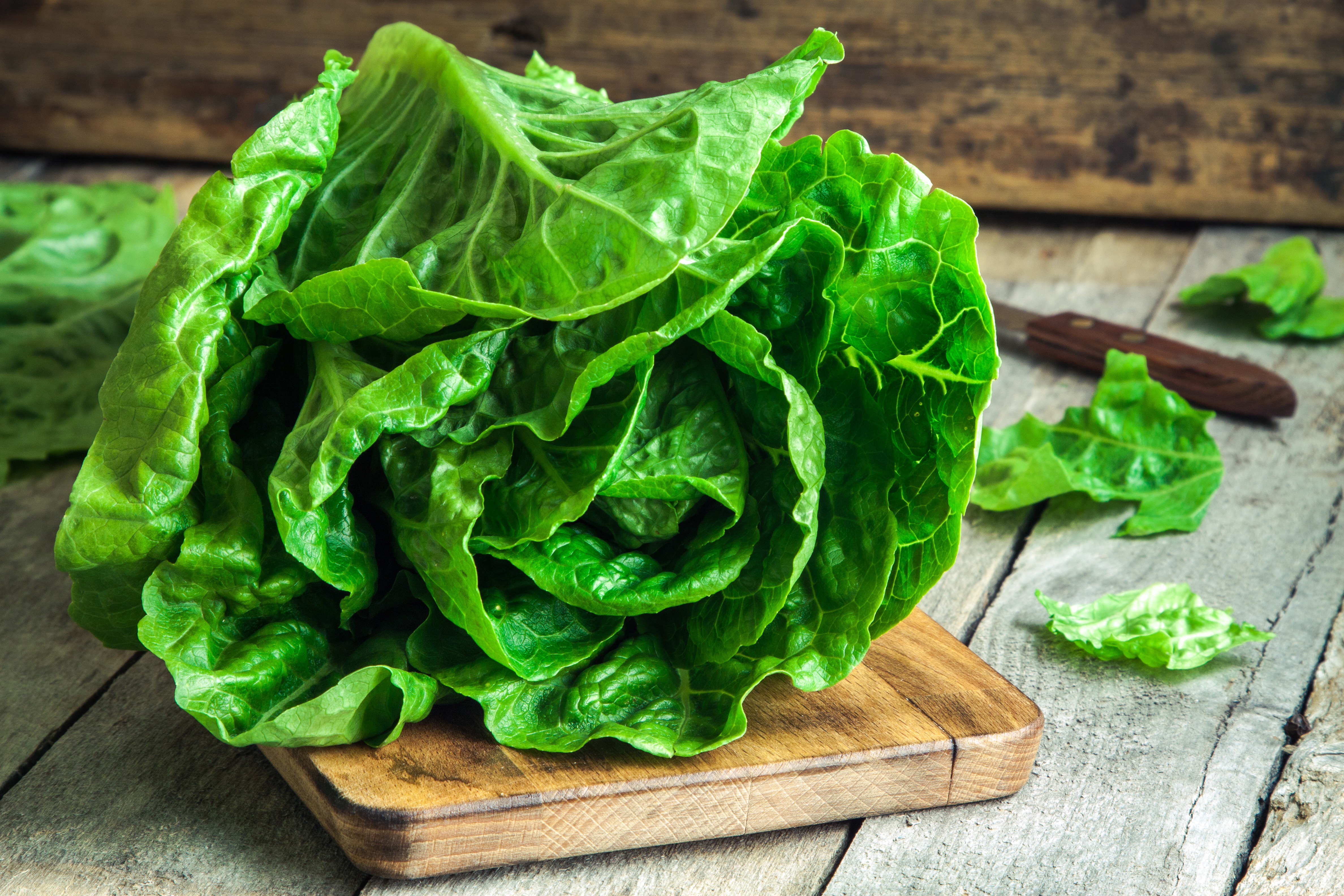
Green Vegetables Help Keep Elderly Brains ‘Younger’
Leafy greens have been found to reduce your risk of numerous diseases, including cancer and heart disease. Rich in vitamins and minerals, new research has now found that one portion of green vegetables a day, can help the elderly fight of Alzheimer’s.
Study Finds — Green Vegetables Offer Powerful Neural Benefits
After following 960 healthy pensioners, it was recently found that the regular consumption of green vegetables helps keep elderly brains up to 11 percent younger. Being an average age of 81, these individuals were followed over the course of five years based on their consumption of nutrient-dense greens.
When comparing those who ate at least one portion of green vegetables a day to those who rarely ate any, the green vegetable group displayed higher mental capacity. Based on thinking skills and memory tests, the green vegetable group is believed to have benefited from slower mental decline.
Those who performed best, ate an average of 1.3 servings daily. This is equivalent to approximately 100 grams of cooked kale, spinach or collard greens — this includes sprouts and cabbage. When consuming lettuce salad, one serving is approximately 200 grams.
Experts believe that this effect is due to the high vitamin K content in green, leafy vegetables. As researchers shift their attention to preventative measures, nutrition is becoming a key area of interest. Finding this link between a veg-rich diet and healthy brain activity could lead to other key discoveries.
As stated by one of the doctors from Alzheimer’s Research UK, remaining active while managing your blood pressure is also very important. The study was published in Neurology, and the researchers accounted for other factors, including smoking, obesity and a lack of physical activity. This helped validate the connection between green vegetables and lower rates of brain decline.
Incorporate These ‘Brain Foods’ Into Your Diet
It is well understood that certain foods can influence neural function and in this case, may significantly impact neural health. Nutrient-dense food has been shown to reduce inflammation and help fight free radical damage. This in turn, has a positive impact on both the body and mind.
Here is a short list of some of the ‘brain foods’ that you should begin consuming on a regular basis.
- Avocados — Packed full of healthy fats, folate and vitamin K, this fruit has been shown to improve concentration and memory. These green powerhouses also reduce your risk of blood clots, protecting against stroke.
- Blueberries — Although small, each blueberry packs a nutritional punch. High in fiber and antioxidants, this fruit is believed to protect your brain against degeneration and the effects of stress.
- Bone broth — Utilized for centuries, bone broth is often referred to as the ultimate superfood. By benefiting your gut, this anti-inflammatory recipe supports positive brain health.
From turmeric to salmon, walnuts to broccoli, when you begin to alter your diet, you can significantly impact your current and future health. Not only will you support healthy aging, but you can also improve your quality of life.
The Link Between Nutritional Status and Quality of Life
The old saying, ‘you are what you eat’ — certainly holds merit. When you eat well, providing your body and mind with the tools it needs, you will benefit from improved function.
In order to test how nutrition influences quality of life, researchers studied 1003 community-dwelling individuals; 890 subjects from a rural environment; as well as 879 subjects from nursing homes. What they found, was that measures such as BMI and CC (calf circumference) were predictors of lower health-related quality of life.
This means, that a direct link between nutrition and obesity exists, influencing one’s quality of life. As you begin to switch your diet, healthy eating will then influence variables such as your blood pressure and cholesterol levels. Remember, everything is connected — especially your heart and brain.
The key is transitioning to a diet that is full of high-quality foods, moving away from low-quality foods. High-quality foods include those that are minimally processed, whereas low-quality foods include highly processed options that are refined, fried or packed with sugar.
For those aiming to lose weight, some of the best foods, as reported by the Harvard School of Public Health, include whole grains, vegetables, fruits, nuts and quality yogurt.
Make the switch today in order to protect your brain — and remember, “Good nutrition creates health in all areas of our existence. All parts are interconnected.”